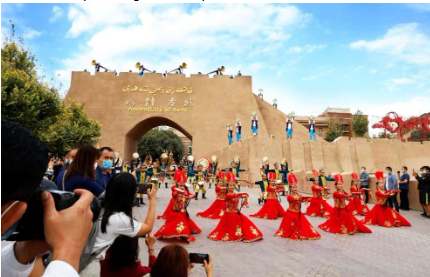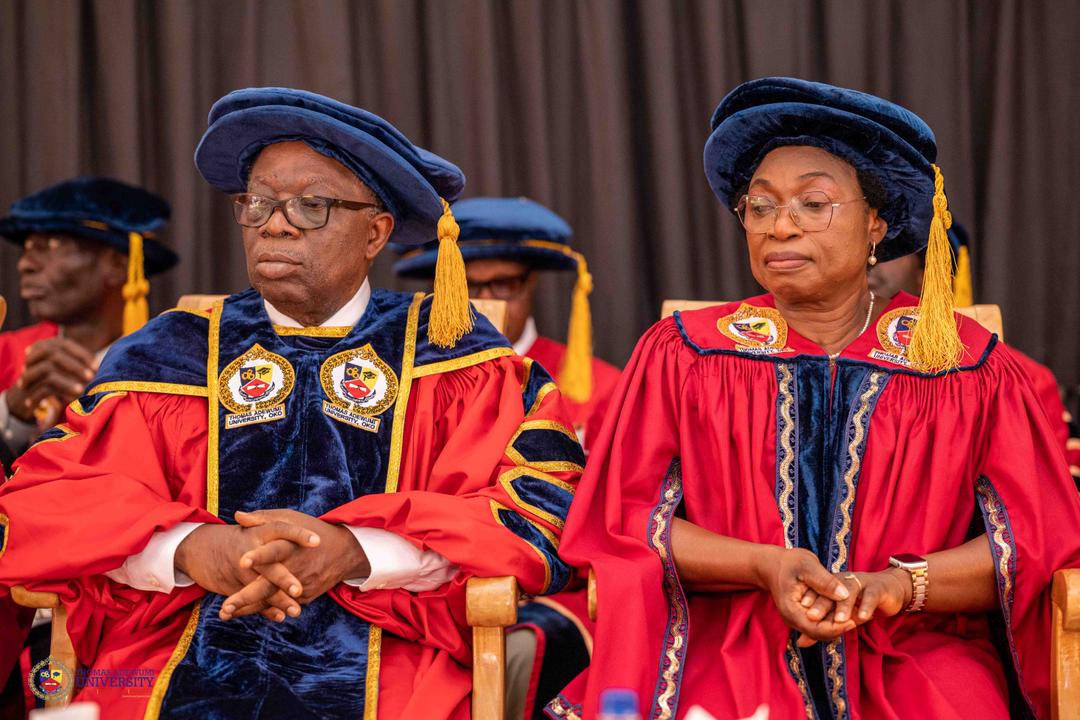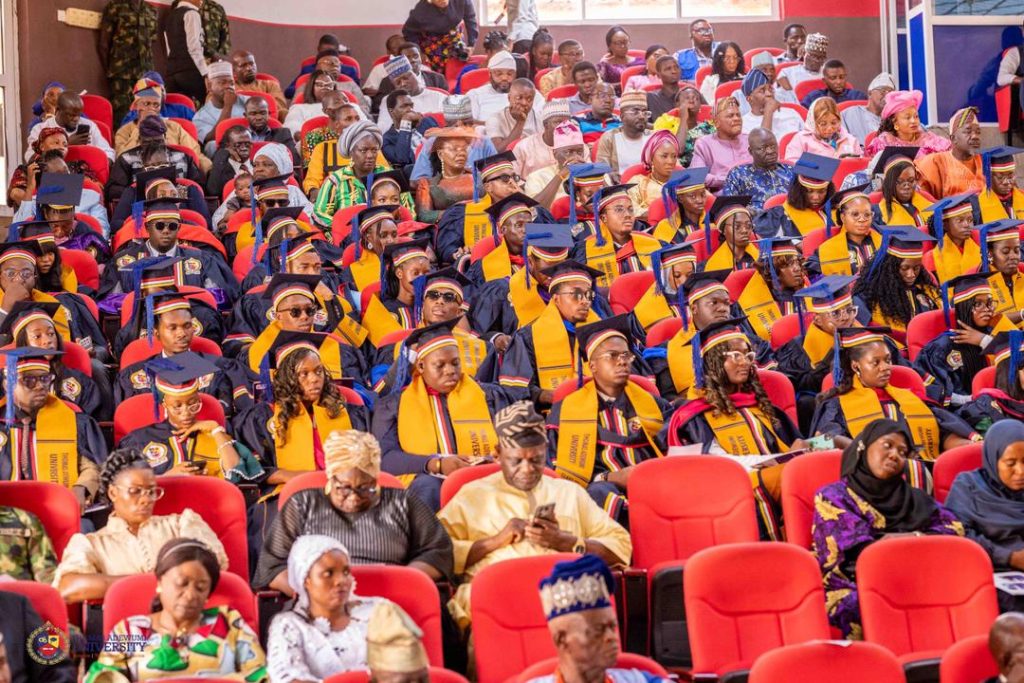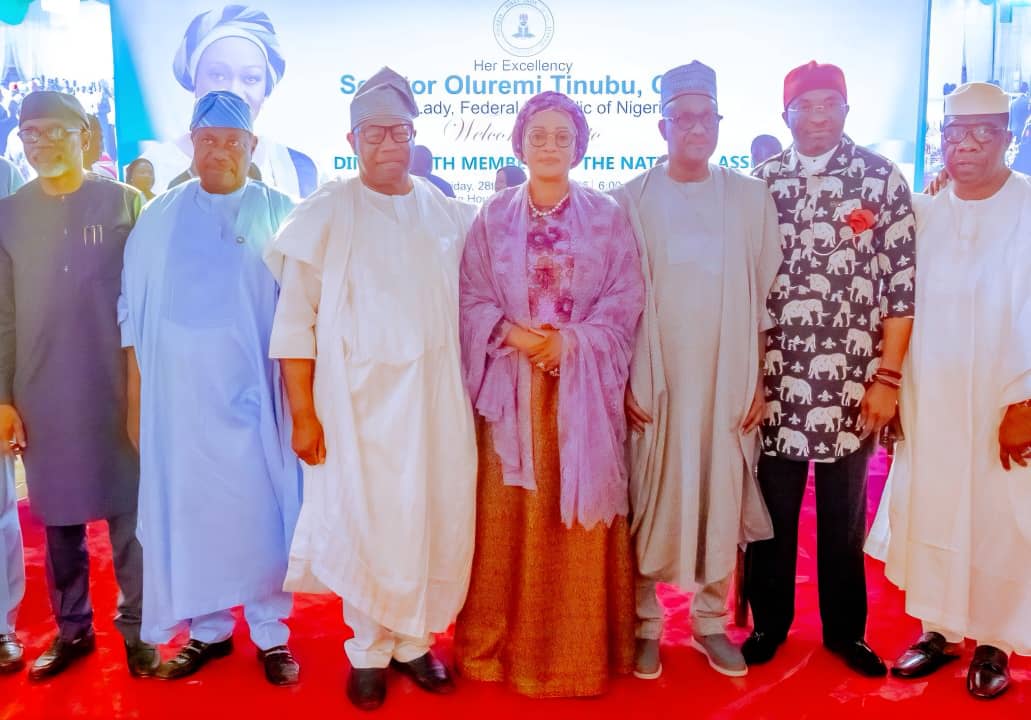Uncategorized
Exploring cultural richness of ‘pearl of Silk Road’ Kashgar

By Che Bin, Li Yanan, People’s Daily
Located in the southwestern part of Xinjiang Uygur autonomous region, Kashgar sits on a lush oasis nourished by the Yarkant River, which flows from the Karakoram Mountains. Since ancient times, traders and travelers crossing the Pamir Plateau have stopped here to rest, trade, and connect. This made Kashgar a key hub along the ancient Silk Road and one of Xinjiang’s earliest international trading posts. Historical figures such as Zhang Qian, Xuanzang, Faxian, and Marco Polo all left their footprints in this storied land.
Today, Kashgar stands as China’s gateway to the west, an international corridor leading to Central, West, and South Asia, and the starting point of the China-Pakistan Economic Corridor. Departing from downtown Kashgar and heading south along the Karakoram Highway, known as the “China-Pakistan Friendship Road,” one can reach Taxkorgan Tajik autonomous county after a 300-kilometer drive.
Just north of Taxkorgan lies the Ruins of Stone City, a site with more than 2,000 years of history. When Buddhist monk Xuanzang in Tang Dynasty (618-907) returned from his journey to India, he passed through the site and later described the ancient stronghold in his travelogue “The Great Tang Records on the Western Regions.” Weathered by time, the ruins still stands with quiet grandeur.
In downtown Kashgar lies the ancient city of Kashgar, which dates back over 2,100 years. Known as a “living city of antiquity,” it begins each day with a ceremonial opening: at sunrise, dancers emerge from its streets, greeting visitors with cheerful music and vibrant performances.
Wandering through the ancient city, one encounters 99 alleys that twist and turn, lined with earth-toned buildings decorated with flower pots, intricate wood carvings, colorful domes, and overhanging eaves. As families expand, new generations add floors to their homes, creating a unique and compact architectural landscape with hanging houses and enclosed passageways. Over time, more than 20,000 residences have formed a dense, labyrinthine urban layout – one of the largest inhabited clusters of earthen buildings in the world.
In the early Yuan Dynasty (1271-1368), Italian traveler Marco Polo described Kashgar in his travel notes as a city with beautiful gardens, orchards, vineyards, and merchants from every corner of the world.
In August last year, Italian hiking enthusiast Vienna Cammarota visited Kashgar. Before her trip to China, she had read about the city in The Travels of Marco Polo. Upon arrival, she was thrilled to discover that Kashgar was not only a vital hub on the ancient Silk Road but also a place brimming with vitality today.
“The streets are lively by day and poetic at night,” she said. “There’s a constant hum of voices and the air is filled with the aromas of spices, freshly baked bread, and sizzling barbecue.”
In the ancient city of Kashgar, there is a cafe named Dili & Diya, run by a young local man, Dilxat Tursun, and his Tanzanian wife Hadiya.
Hadiya attributed her opportunity to live and study in China to the Belt and Road Initiative. She met Dilxat Tursun while both were students in Fuzhou, southeast China’s Fujian province. In May 2020, the couple returned to Dilxat Tursun’s hometown Kashgar.
“The moment I arrived in Kashgar, I fell in love with it,” Hadiya said. “The city has a rich history, and the people are warm and hospitable. In my hometown of Zanzibar, there’s also a Stone City, which feels quite similar to Kashgar. That connection made me feel even closer to this place.”
Their cafe features hand-crafted pottery cups from Kashgar and wall decorations from Africa. “Tanzanian coffee beans are well-known in the Chinese market,” said Dilxat Tursun. “So in March 2023, we opened this cafe together. Hadiya taught me how to grind beans and brew rich, flavorful coffee. Our lattes are made with local milk and Tanzanian coffee beans, a fusion that reflects the East-meets-West charm of Kashgar ancient city.”
“With China’s visa-free policy expanding its coverage, we’re seeing more and more international visitors at our cafe,” he added.
As the business grows, securing a steady supply of coffee beans has become a top priority. “When we first started, we would bring beans back with us during family visits to Tanzania. Now, they’re shipped via a more stable route – from Africa to Europe, then to Kashgar by China-Europe freight trains,” he explained.
At the end of last year, construction began on the China–Kyrgyzstan–Uzbekistan Railway. Dilxat Tursun was among the first to celebrate the news. “This railway starts in Kashgar. We hope for its swift completion and operation, which would make coffee bean transport even easier. More importantly, I believe this project will open up more trade opportunities and improve daily life for people in the countries along the route,” he said.
Uncategorized
TAU reaffirms commitment to globally competitive learning

- As 16 graduands make First Class
Stephen Olufemi Oni, Ilorin
The Thomas Adewumi University (TAU), Oko-Irese, in the Irepodun local government area of Kwara State, has reaffirmed its commitment to strengthening quality education, innovation, and globally competitive learning.

Speaking at the institution’s 2nd Convocation ceremony in Oko-Irese, the Vice Chancellor of the University, Professor Francisca Onaolapo Oladipo, said TAU is living up to its ranking as the fastest growing institution in Science, Technology, Engineering, Medicine, and Innovation (STEM-i) ecosystem by surpassing more than 100 percent in its number of graduating students at the second convocation.
She said: “TAU emerged on April 8, 2021, as Nigeria’s fastest-growing Science, Technology, Engineering, Medicine and Innovations (STEM-i) ecosystem. Today, we rank 1st among the 20 private universities that were licensed in
2021, 4th among the 14 Universities in Kwara State, 5th among Nigeria’s over 170 private Universities and 50th nationally, an impressive rise reflecting our unwavering commitment to excellence.
”What a Moment of Extraordinary Significance today, we stand at a crossroads far more significant than words can adequately capture. Exactly one year ago, we gathered at this very Auditorium to celebrate our inaugural Convocation, a ceremony that marked the graduation of 26 pioneering students who dared to believe in a vision when others saw only impossibility. Those 26 trailblazers proved that Thomas Adewumi University was not just a dream, but a reality rooted in excellence. Today, as we honour 63 outstanding graduates, we witness something far more profound than numerical growth.
“This 142% increase in our graduating class is not merely a statistic to be recorded in annual reports, it is a declaration that Thomas Adewumi University has transcended the realm of promise and entered the domain of proof.
“We have moved from potential to performance, from aspiration to achievement, from vision to velocity.
This year, 63 graduands from 4 Faculties and 11 academic programmes are being conferred. It is noteworthy that we have 16 First Class graduates, 40 in Second Class Upper Division, and 7 in Second Class Lower Division. These results reflect the quality of training and mentorship provided at Thomas Adewumi University, and we are proud to contribute these innovators to both the Nigerian and global workforce, confident that they will make a meaningful
impact.
”Preparing Globally Competitive Graduates, these 63 graduands are not merely degree holders, they are comprehensively prepared global professionals equipped with exceptional advantages that set them apart from their peers nationwide. Through our international partnerships, these graduates have obtained additional microcredentials from MIT, Harvard, Stanford, Columbia, Berkeley, and Yale, world-class certifications from Alison, UK, RUDN professional University, Russia, World Bank’s Saylor Academy, Google, ICAN, and the Global Partnership for Sustainable Development initiatives in Data Science and Artificial Intelligence.
“Our Coursera collaboration provided them with additional industry certifications, while partnerships with Microsoft, IBM SkillsBuild, and MIT OpenCourseWare through our Global Campus initiative democratize access to cutting-edge knowledge. They are thus fully equipped to embark on meaningful and innovative careers in today’s technology-driven world.”
Earlier in his Convocation Lecture, titled “Crowdfunding Opportunities forstartups: Equiping Nigerian graduates for a sustainable future”, Dr. Bayo Williams Olugbemi charged the graduads on the mindset of job creation, saying “as a graduate, your future is not defined by what Nigeria gives you, but by what you create. The idea of crowdfunding is the idea of hope. It is proof that when people come together, ideas once impossible become achievable.
“I urge you not to think only about searching for jobs. Instead, think about creating value, and if capital is a barrier, remember: “The crowd can be your first investor.”
In his goodwill message, the Executive Secretary of the National University Commission, Professor Abdullahi Ribadu, represented by Esther I. Eyo, Esq commended the resilience of TAU management said “NUC acknowledges TAU sustained progress in advancing quality teaching, impactful research, innovation, and community engagement, all of which align with our national aspiration for a globally competitive and knowledge-driven university system.
“It would interest you to know that, in the accreditation exercise conducted in 2023, Thomas Adewumi University achieved a 100% Full Accreditation status across all programmes assessed a laudable feat that reflects the University’s strong commitment to maintaining high academic standards.”
Also speaking, the Founder/Chancellor of the institution, Dr. (Engr) Johnson Adewumi, urged the graduands to be good ambassadors of the University, adding: “Remember that your degree is not an end but a beginning, go forth with courage, humility, and a sense of responsibility. Strive to illuminate whatever space you occupy with the light of integrity, excellence and service.”
Highlight of the event was the conferment of an honorary doctorate degree on two distinguished personalities; Engr Oluseyi Afolabi and Pastor Oladokun Olatunde.
End
Uncategorized
photo

L-r Speaker, House of Representatives, Tajudeen Abbas; President of the Senate, Godswill Akpabio and Nigeria’s First Lady, Senator Oluremi Tinubu, during the dinner for members of the National Assembly by the First Lady yesterday. Photo: Senate President’s Office.
Uncategorized
JUST IN: Even Tinubu moves with too many police escorts – Senator Ndume

By Hassan Taiye
Senator Ali Ndume has criticised what he described as the excessive use of security convoys by top government officials, including President Bola Tinubu, warning that the practice leaves ordinary citizens exposed and vulnerable.
Speaking on Politics Today on Channels Television on Thursday, Ndume said many public office holders move with security details that are unnecessarily large, even when their positions do not warrant such heavy protection.
He recalled visiting the residence of a colleague and finding “more than 10 policemen” attached to him, despite the lawmaker being junior to him in the National Assembly.
Ndume further argued that the presidential convoy itself is excessively large, stressing that security efforts should be focused on protecting the overall environment rather than individual personalities.
He said: “I went to one of my colleagues’ house for dinner. And I saw more than 10 policemen. He is even my junior in the National Assembly. Some of them, if you see them coming, you will pull back thinking that maybe it’s the President or the Vice President that is coming.
“
You can see even the president, the convoy that the president goes about with is too much. Secure the place and when the president goes, you withdraw. Secure Abuja and the president can even drive out, you know, himself.
But when you secure personalities, and this is what is happening in Nigeria, then others, common people, as we call them, become vulnerable, and we don’t care. So if you secure Abuja, then you can drive at night. And let me tell you, this is what is happening in most countries”.
The lawmaker’s comments come just days after President Tinubu ordered the withdrawal of police officers from VIP escort and guard duties.
In a statement, the Special Adviser to the President on Information and Strategy, Bayo Onanuga, said the directive was aimed at redeploying police manpower to core law enforcement responsibilities.
-

 Uncategorized5 years ago
Uncategorized5 years agoFG, states urged to harness flooding for ranching, others with technology – Agbaje
-

 Headlines10 years ago
Headlines10 years agoBreaking: EFCC seals Borno House of Assembly, as Hon members take to their heels
-

 News11 years ago
News11 years agoNigeria Security Operatives Stage Manhunt For Homosexual Perpetrator
-

 News9 years ago
News9 years agoHow 21-year-old Girl fled community over accusation of lesbianism
-

 News10 years ago
News10 years agoYobe Gov Moves Against Deputy
-

 Opinion7 years ago
Opinion7 years ago7 signs she has friend zoned you
-
Technology4 years ago
Online job placement company headhunts women
-

 Headlines10 years ago
Headlines10 years agoBorno Dep Gov Abducts Another Church Leader





